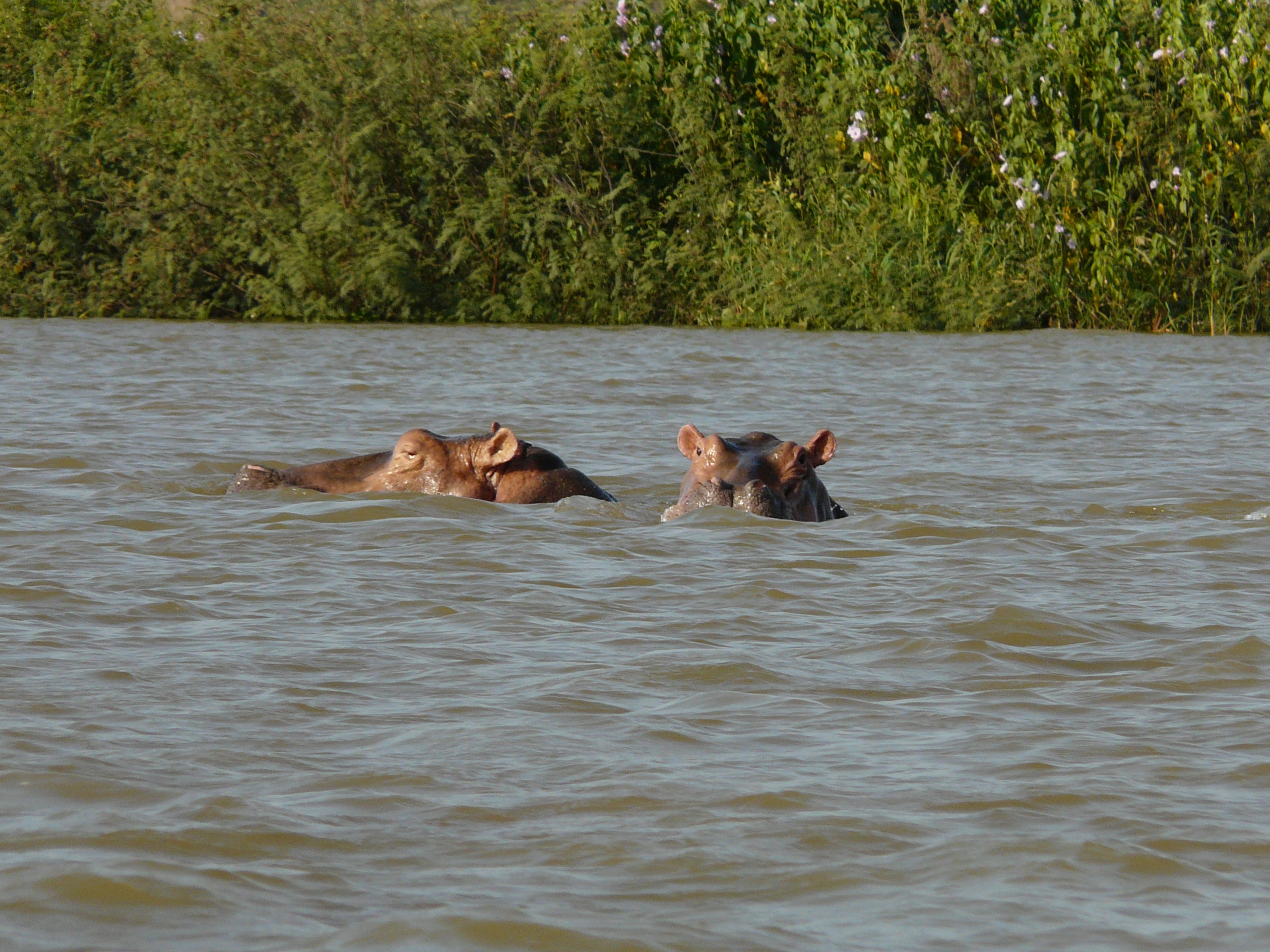- Resolution of Human Wildlife Conflicts
- Bénéficiaire CBCS - Congo Basin Conservation Society
- Montant du projet 40 694 €
- Subventions FFEM 26 744 €
-
État du projet achevé
The Ruzizi River and Lake Tanganyika are favored habitats for hippos in the eastern Democratic Republic of Congo, (DRC), in the province of South Kivu. This cross-border area with Burundi has been experiencing internal conflicts for more than a decade. These phenomena caused significant population movements and led to strong demographic growth in the city of Uvira, located 122 km south of the city of Bukavu.
While on the other side of the border, in Burundi, there is a protected area, (Ruzizi Reserve), a RAMSAR site where species benefit from effective protection, in the DRC, some hippopotamus habitats are now anthropized, occupied and degraded. Wandering hippos in search of secure habitats are regularly poached and traded by the military and local communities, due to growing human-animal conflict and increasing contact.
In 2019 alone, 4 human deaths and 7 cases of poaching of hippos, (including 4 by soldiers), are to be deplored. In addition to this direct pressure from poaching, habitat fragmentation is also a threat to this large mammal. This phenomenon is strongly manifested in the Ruzizi plain and on the shores of Lake Tanganyika, where human pressure is increasing due to strong population growth, the intensification of agricultural activities, the construction of infrastructure and pressures related to the settlement of refugees and displaced populations due to the conflicts in the region. All these factors accentuate the situations conducive to Human Animal Conflicts.
The objective of this project is to help implement community and participatory strategies aimed at sustainably protecting the hippos of the Ruzizi plain, both by changing the perception of the animal and by seeking to resolve in a participatory manner. the ongoing hippo man conflict.
